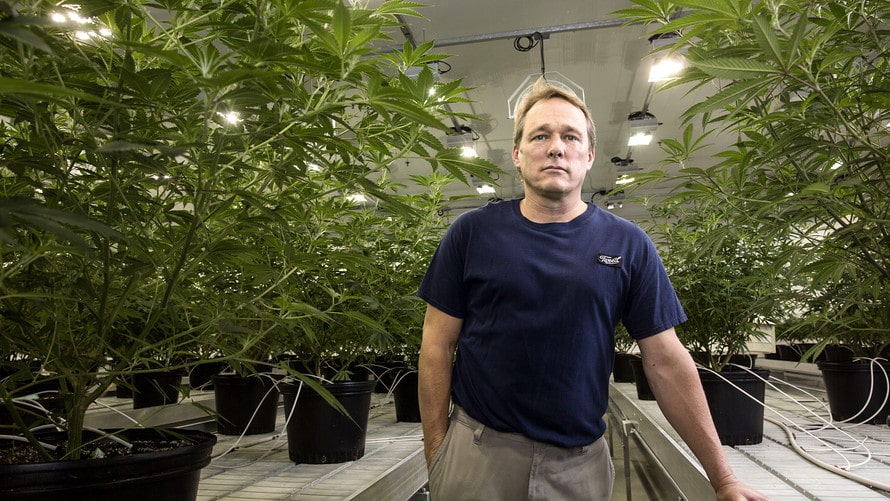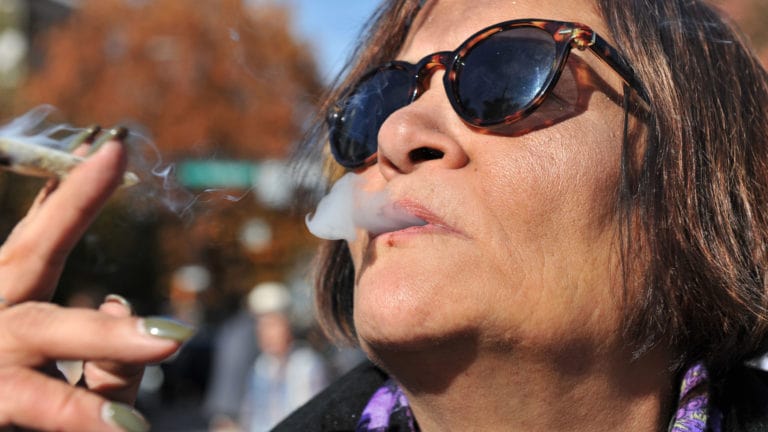
To legalize or not to legalize marijuana has been a topic of debate for many areas around the world. While medicinal marijuana use is legal in 33 states, recreational marijuana use is legal in only 11. While the efforts towards legalizing marijuana in the United States have been and continue to be arduous, there is currently more public support for marijuana law reform than ever before.
Following in the footsteps of others, Canada made the decision to legalize recreational marijuana in October 2018. Nicknamed the “green rush”, hopes of profit and the opportunity to get in on the ground floor of a new commodity were widely recognized. However, the novelty soon would fade, leaving investors questioning the decision.

Keeping a keen eye on the market as a whole, CEO of New Leaf Data Services Jonathan Rubin decided to track the price of cannabis in states where it has become legalized. Gaining a new perspective on how the market has unfolded, Rubin discovered that wholesale prices have dropped and sales have slowed. Initially keeping pace with the supply and demand, retailers now have too much product due to the lack of sales.
One of the government’s motivators for legalizing marijuana was to reduce black market sales. However, Statistics Canada proves that approximately 75% of cannabis users still use illegal cannabis. Rather than driving to the closest legal shop or paying a higher price, consumers choose to buy from their local dealer.

While the highly anticipated economic boom has yet to occur, Canada became the second nation in the world to legalize marijuana. Despite the hurdles within the market, the legalization has been a major success. Taking many years to accomplish, the legalization of cannabis has opened up a new industry for the Canadian economy.
The future of the industry is looking bright for cannabis users. Not only will the cap on the number of private stores dissipate, but the pre-qualification requirements, as well as the lottery system, will also be no longer. Alternative cannabis products will also be available, including edibles and vapes. These new products offered at legal shops are expected to help retail sales grow by 30-40%.
Nice one Em!